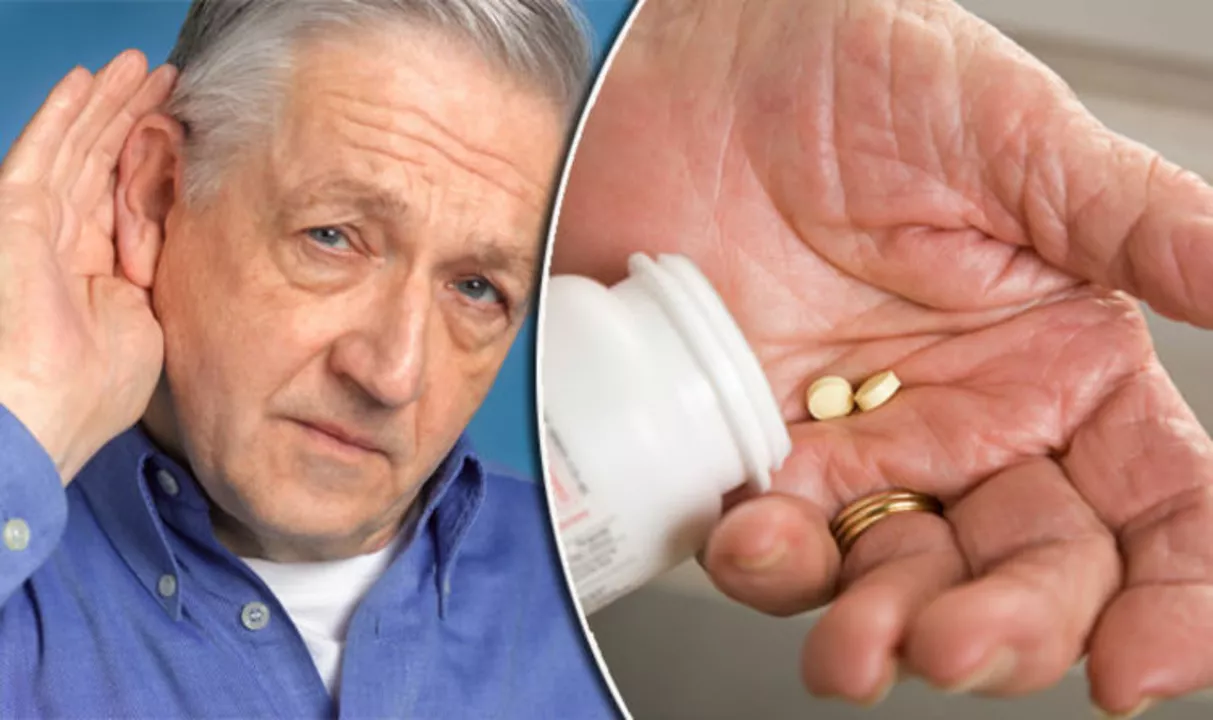Ringing in the Ears (Tinnitus): What to Do Now
Ringing in your ears — tinnitus — can be annoying, scary, or both. About 10–15% of adults hear it at some point. Sometimes it’s a brief buzz after a loud concert. Other times it sticks around and wastes your sleep and patience. This page gives clear, practical steps you can try today and tells you when to see a doctor.
Causes range from easy fixes to medical problems. Loud noise and hearing loss are top reasons. Earwax blocking the ear canal can create or worsen ringing. Some medicines cause tinnitus — high-dose aspirin, certain antibiotics, loop diuretics, and some chemotherapy drugs are common culprits. Other causes include ear infections, Eustachian tube problems, high blood pressure, TMJ jaw issues, and stress.
Quick steps to try now
Start with simple, low-risk moves that help many people.
- Check for earwax: You can try softening drops for a few days or see a clinician for safe removal.
- Protect your ears: Avoid loud places, use earplugs, and lower headphone volume.
- Review your medicines: Ask your doctor or pharmacist whether any of your drugs can cause tinnitus and whether alternatives exist.
- Reduce stimulants: Cutting back on caffeine, nicotine, and energy drinks can ease ringing for some people.
- Use background sound: A fan, white-noise app, or soft music can make the ringing less noticeable, especially at night.
- Manage stress and sleep: Relaxation, regular sleep, and exercise reduce how much tinnitus bothers you.
If the ringing started suddenly and you also lost hearing, had severe vertigo, or noticed blood in the ear or drainage, get medical help right away. Sudden sensorineural hearing loss is a medical emergency and early treatment can save hearing.
When to get tests and what treatments look like
Your clinician will likely do a hearing test and look in your ear. If earwax or an infection is the cause, treating that often fixes the problem. If hearing loss is present, hearing aids can reduce tinnitus by restoring external sound. For sudden losses, short courses of oral steroids are commonly used if given quickly.
For long-term tinnitus without a clear fix, cognitive behavioral therapy (CBT) and sound therapy help many people live better despite the noise. There’s no single pill that cures most tinnitus, so treatment focuses on reducing how much it affects your life. If a medication is the cause, switching drugs may stop the ringing.
Pulsing or whooshing in time with your heartbeat (pulsatile tinnitus) can signal a blood-flow issue. Mention it to your doctor — they may order imaging like an ultrasound or MRI. Keep a short diary: note when the ringing is worse, what you ate, and recent noise exposure. That info helps clinicians pinpoint causes faster. Don't ignore persistent ringing.
Want more reliable, practical info? Browse our guides on ear health, medication side effects, and safe drug use to find specific tips and trusted resources. If you’re unsure what to do, book an appointment with an ENT or audiologist — a short visit can bring relief and clarity.

